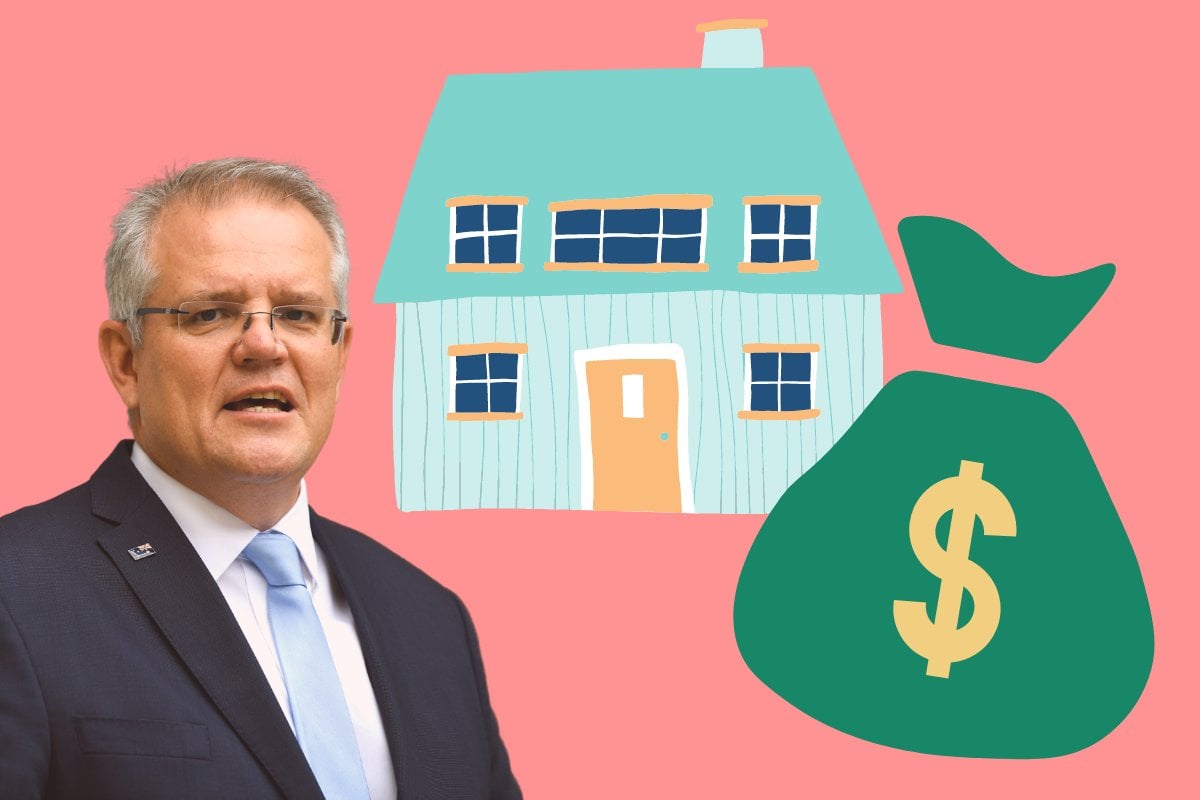
To keep up to date with the federal election campaign as we head to the polls to vote on May 21, visit our election hub page. There you'll find analysis, explainers and all the results of our Mamamia Votes survey.
It's common knowledge that Australia is in the midst of a housing crisis.
Add on the rising cost of living, stagnant wage growth and inflation and interest rates - and it makes sense why young Aussies are feeling defeated about being able to own their own home in the near future.
So what is the answer to the crisis? The major political parties have different ideas.
Anthony Albanese has said the Labor Party's strategy is about reducing the cost of buying a home via their 'Help To Buy' Scheme. The scheme would allow the government to contribute 30 to 40 per cent of the cost of a home - equity that must be paid back when the property is sold or the buyer's income reaches a certain threshold.
On the flip side, the Liberal Party this week announced their response to the housing crisis.
Scott Morrison's Super Home Buyer Scheme certainly has people talking; arguably for all the wrong reasons.
Watch: Ladies, Let's talk...money! Post continues below.

Top Comments